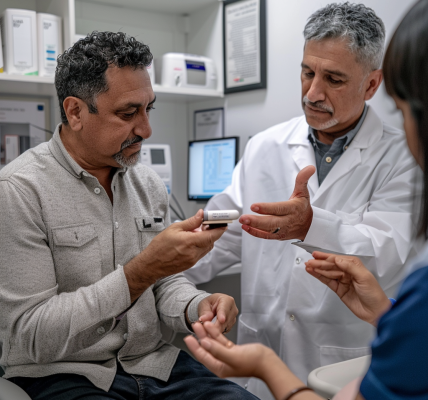Routine electrocardiograms (ECGs) in Japan have shown promising results in flagging risks of cardiovascular events among the general population. A recent study conducted on over 3.5 million healthy working adults in Japan revealed that individuals with ECG abnormalities during routine screenings in 2016 had notably higher rates of combined death and cardiovascular disease (CVD) admissions over a median follow-up period of 5.5 years.
The study indicated that individuals with one minor ECG abnormality had a rate of 128.5 events per 10,000 person-years, while those with two or more minor abnormalities had a rate of 159.7 events per 10,000 person-years. Notably, individuals with major ECG abnormalities had the highest rate of 266.3 events per 10,000 person-years.
These findings were consistent across various subgroups and remained significant even after adjusting for medication use. The study, led by Dr. Kosuke Inoue from Kyoto University, emphasized the importance of these results in the context of modern CVD preventive therapies.
Despite these promising findings, experts suggest that this study alone may not be adequate to alter the current recommendations by the U.S. Preventive Services Task Force (USPSTF) and the European Society of Cardiology regarding routine ECG screenings for individuals at low risk of CVD.
Dr. Alex Krist from Virginia Commonwealth University, a member of the USPSTF, highlighted the need for a comprehensive approach to reducing CVD risk. He emphasized the importance of strategies such as statin use for at-risk individuals, hypertension screening and management, as well as promoting healthy lifestyle choices including diet, exercise, and smoking cessation.
While the study in Japan showcased the potential of routine ECGs in identifying cardiovascular risks, the broader implications for global screening guidelines remain to be fully determined. The debate continues on the most effective strategies to mitigate CVD risks and promote overall heart health.





